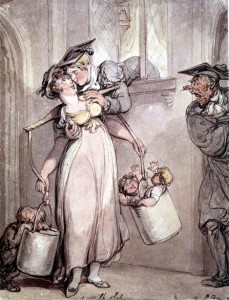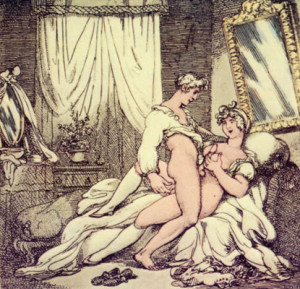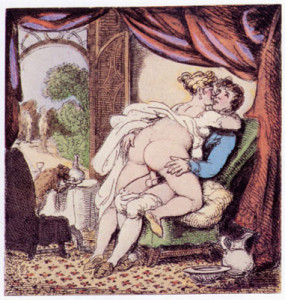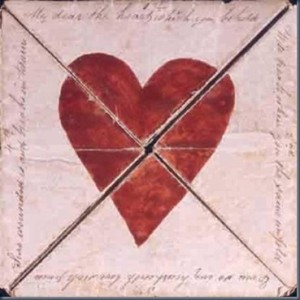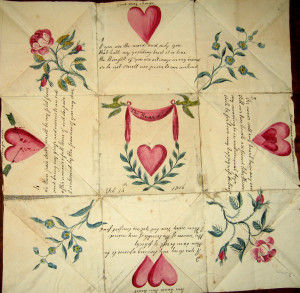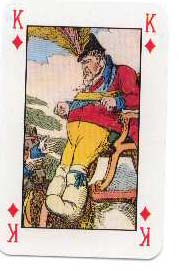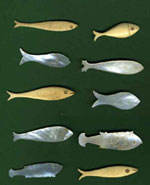I haven’t been around in … weeks. And my activities of the past five weeks or so inspire this post, the subtitle of which is:
Authors, do not give your hero a shoulder wound. Ever.
I had rotator cuff surgery at the end of March following an injury in January. In layperson’s terms, this means patching up the various bits and pieces–as my husband likes to call it, the gristle–back onto the bone so the shoulder functions. Well, one day it will, after months and months of physical therapy which includes professionals being mean to you. What your shoulder wants to do is be left alone and form scar tissue, something that should be avoided at all costs.
Shoulders are very complex arrangements and it’s only fairly recently that surgery can fix them–maybe. If you don’t have surgery it will heal up to a limited extent and then give you excruciating arthritis later. Do not inflict this on your hero (or heroine).
If he’s unlucky enough, as I was, to have injured the dominant arm, let me say that personal hygiene will suffer. You know, you use that arm for a lot of useful intimate stuff. Cleaning your teeth is the least of it. If your hero is really unlucky, he’ll develop a yeast infection in his armpit. (I didn’t. I was warned by a nurse.)
Why are shoulder injuries such a staple of fiction? Because it avoids the bedpan business? Slings are heroic somehow? (They’re not. They mess up your neck. You have to carry pillows around.)
The only advantage of having an arm immobilized for two weeks in a sling the size of NJ and thereafter in a lightweight sling to stop you doing anything stupid (mine is a little black number, very Chanel)–is that your nails are great. The other hand, nails not so great. A romance hero might not be that impressed.
So, hmmm. Smelly hero with great fingernails, doped up on laudanum, carrying his own pillow around, and asking heroine to cut up his dinner, scratch his back, and worse.
Don’t do it.

